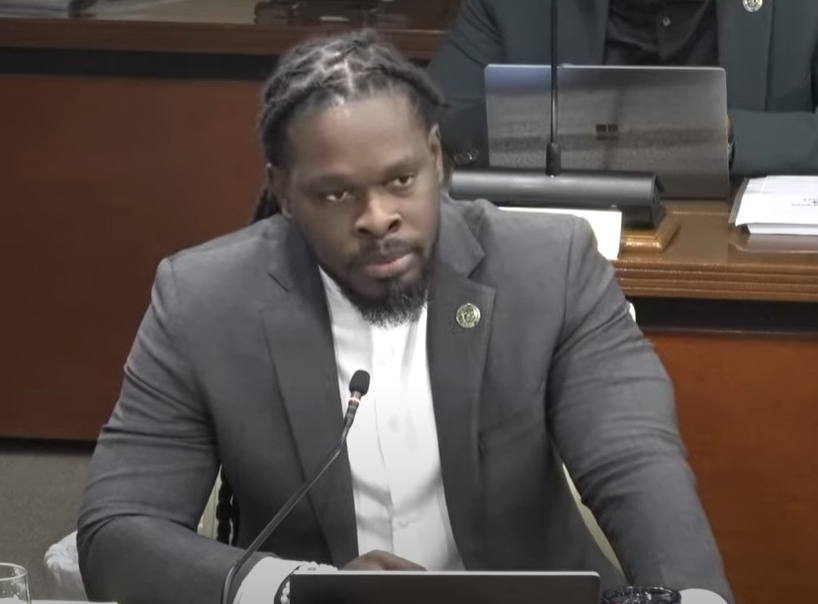“When leadership wants solutions, it finds ways; when it doesn't, it finds studies.”
 PHILIPSBURG:--- There is a certain art to governance: the careful balance between what is said and what is left unsaid, between action and inaction, between authority exercised and authority deferred. In the ongoing discussion about energy relief, the most revealing details often lie not in what is being done, but in what isn't.
PHILIPSBURG:--- There is a certain art to governance: the careful balance between what is said and what is left unsaid, between action and inaction, between authority exercised and authority deferred. In the ongoing discussion about energy relief, the most revealing details often lie not in what is being done, but in what isn't.
Consider the sequence: a relief motion passes (with voting records that tell their own story), a new temporary manager is installed, a relief study authorized by the shareholders, and yet nothing changes. It's worth noting that temporary managers, by their very nature, operate under specific mandates from supervisory boards, particularly when it comes to long-term decision making. Their role is to execute, not to set policy, a distinction that becomes important when examining where accountability truly lies.
Meanwhile, the legal authority to act sits quietly in the background, unused. Article 12.4 of NV GEBE's concession agreement sits unused, like an untouched tool when it's needed most. It grants the government the power to set electricity rates by national decree (“landsbesluit”). Yet here we are, discussing studies instead of solutions.
Simple questions remain: If relief were truly prioritized, why wasn’t it central to the new management’s mission from the beginning? Why wasn’t the supervisory board properly aligned with the government before approving studies? Most critically, why does financial transparency follow rather than precede action, especially when funds were allocated for expensive international media placements while financial constraints are used to justify withholding relief?"
This pattern raises deeper concerns. When multiple government-owned companies simultaneously allocate substantial sums for international media features during financial crises, with GEBE's $15,000 USA Today expenditure being merely the first example known to the public, reasonable observers must ask who orchestrated this coordinated strategy. The troubling coincidence suggests these decisions may reflect external guidance from the highest levels of government rather than independent corporate judgment.
The disparity in urgency proves most revealing. Where pet initiatives inspire decisive action, the people's most vital needs meet only hesitation. The government's sudden call for the dismissal of GEBE's supervisory board exemplifies this imbalance. Why now, coinciding precisely with the temporary manager's convenient assertion that our electricity rates are 'competitive' regionally? If the board alone caused all failures, why does their removal align so perfectly with new management's efforts to normalize unaffordable bills? This selective commitment in governance speaks louder than any press release.
Article 12.4's unused power to set rates continues gathering dust while studies accumulate and blame is past. The truth shows itself not in words, but in actions: what moves swiftly for some “priorities” stalls completely for others.
This isn't about blame, it's about observable facts. Governance reveals its true nature through its choices of action and the subjects it chooses to study indefinitely. When power exists but goes unused, when studies replace solutions, when companies override public need, the message comes through clearly enough.
Rather than dwelling on obstacles, perhaps we might consider the following possibilities. The situation presents clear opportunities:
• Article 12.4 provides a measured way to adjust rates
• Transparent accounting could rebuild trust
• Clear decision channels could prevent unnecessary delays
The equation is simple: when leadership wants solutions, it finds ways; when it doesn't, it finds studies. The mechanisms exist, the expertise is available, and the need is clear. What remains is the collective will to act. This is about recognizing that solutions exist when there's a willingness to implement them.
As the people watch this unfold, they understand what philosopher Edmund Burke once observed: "The only thing necessary for the triumph of persistent inaction is for good leaders to do nothing."










